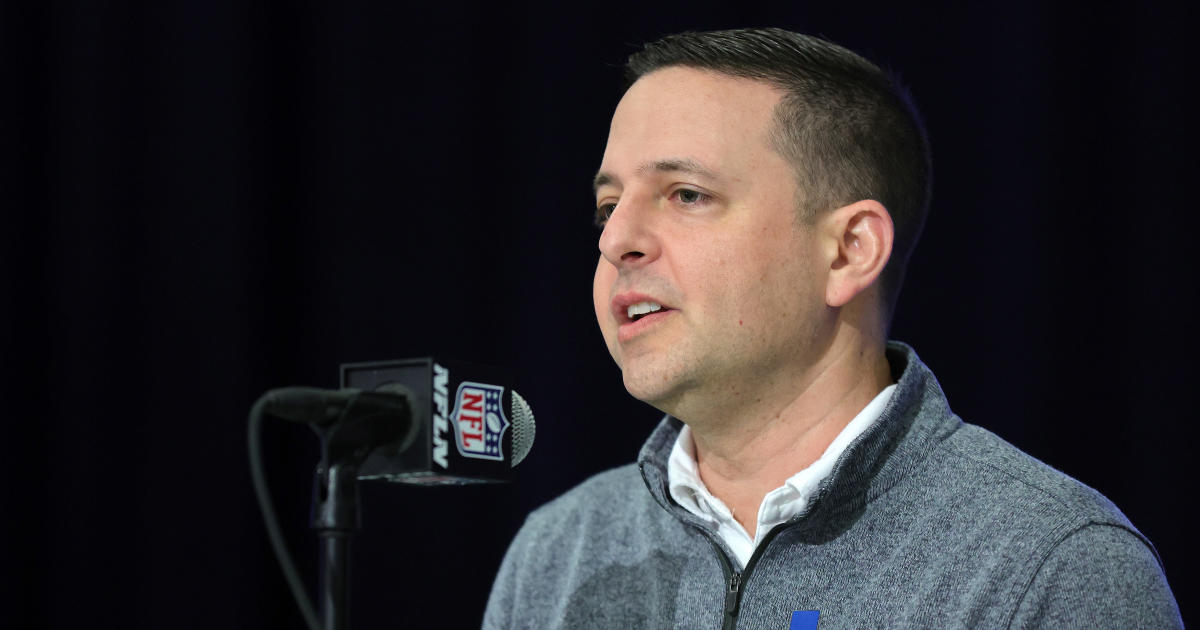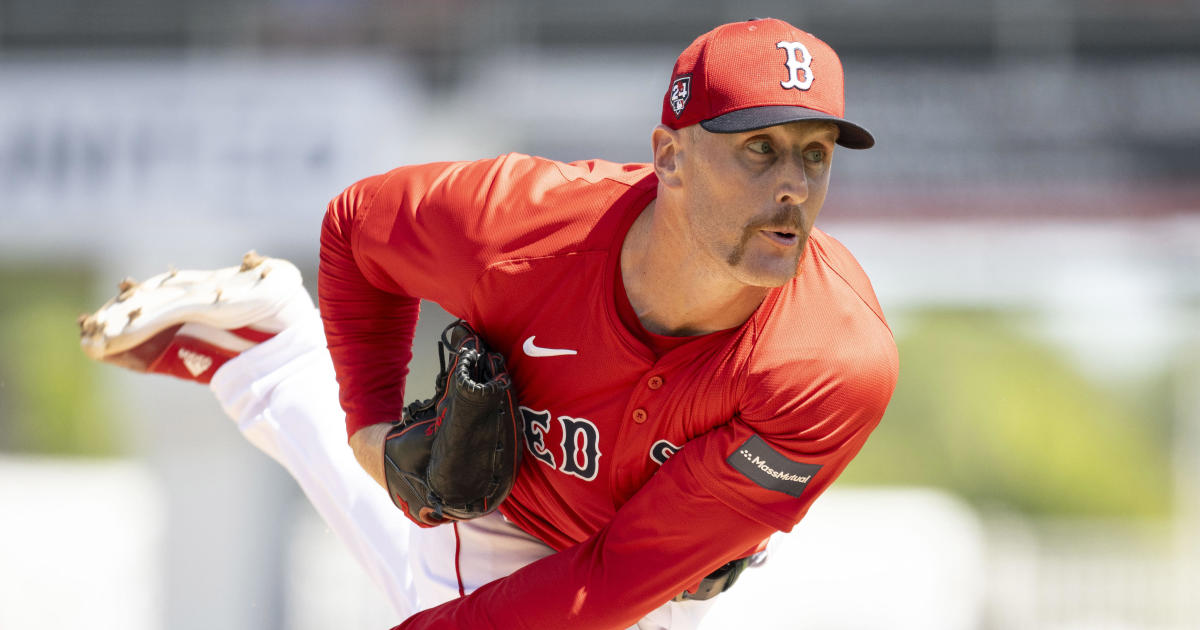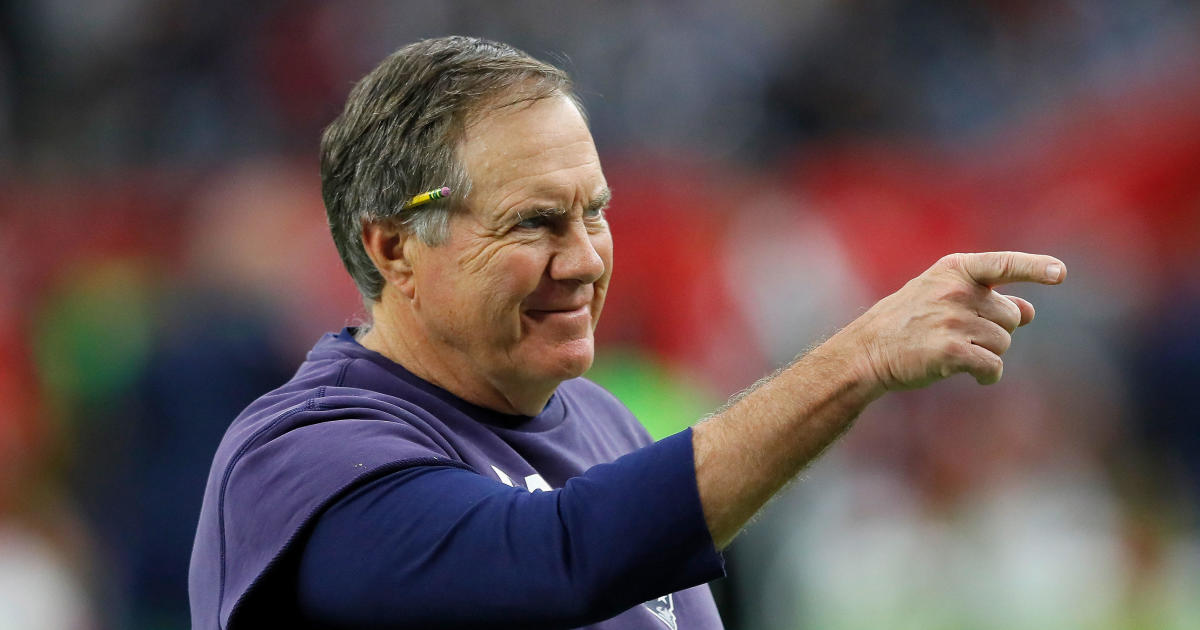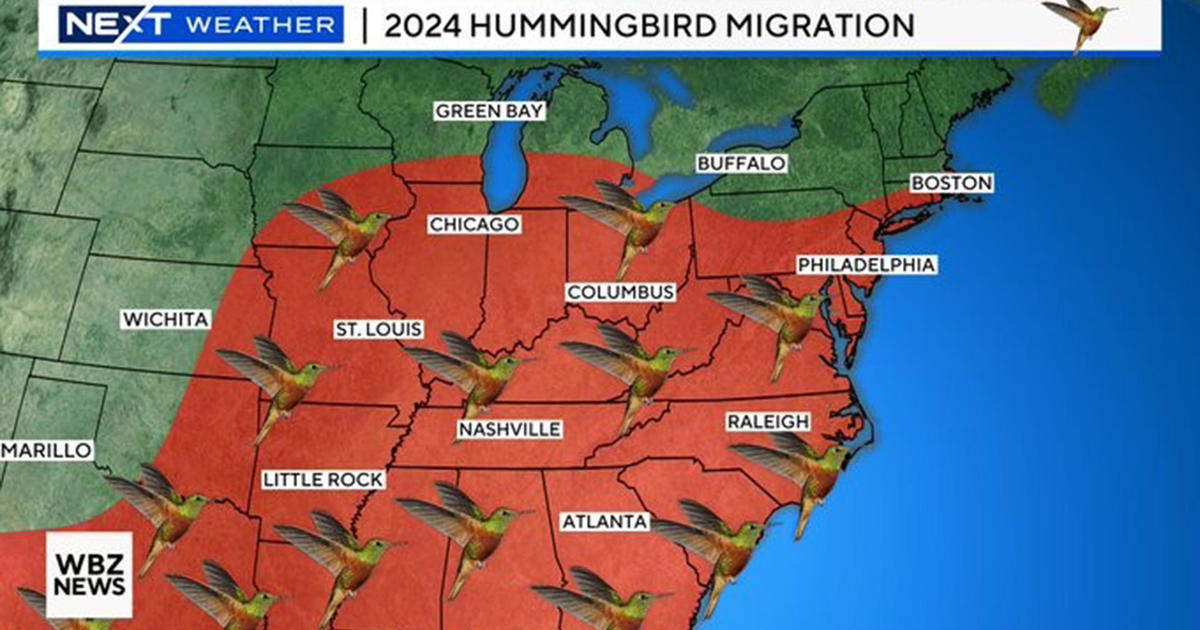Hurley: All NFL Players Should Be Frightened, Outraged By Tom Brady Transcripts
BOSTON (CBS) -- Locally, the release of the transcripts from Tom Brady's 10-hour appeal hearing with Roger Goodell is the No. 1 story. Nationally, it's registering on a fair number of radars.
But among a very specific set of Americans, the contents of the transcript should serve as a frightening reminder of just how helpless they are against their big, bad boss.
They are, of course, NFL players.
This is nothing new. Since taking the reins in 2006, Roger Goodell has set out to be seen as a heavy hammer of justice in a league run wild. He doled out some stiff suspensions early in his tenure, but allowed a sort of lull to get the best of him last summer, when he issued just a two-game ban for Ray Rice after revolting surveillance video showed the Ravens running back had clearly committed a violent crime against a woman.
And a few weeks after the Mueller report was released to the public so that Goodell could publicly clear his own name of any wrongdoing -- a conclusion which U.S. Judge Barbara Jones did not reach when saying that Goodell lied about what Rice had told him regarding the incident -- the mess known as "DeflateGate" fell right into his lap.
And Roger Goodell ruled that the old days were indeed back again.
Now, around the league, Brady won't garner much sympathy. NFL players simply want to win games, and Super Bowls, so if Brady is out for a quarter of the season, the other players benefit.
However, any NFL player with a keen sense of awareness of the league in which he plays ought to be terrified at the conclusions reached by Goodell. Here's why.
1. Roger Goodell Will Not Believe You If He Doesn't Want To Believe You
It doesn't matter what you say. It doesn't matter how many different ways you say it. It doesn't matter that you're under oath.
You will not be believed.
Roger Goodell, a convicted liar, will not believe you.
Tom Brady denied having anything to do with any plan to deflate footballs. He denied knowing of any plan. He said assistant equipment manager John Jastremski told him that there was no such plan or action. He did this for several hours in front of Ted Wells, and he did it for several hours in front of Roger Goodell. And he did it under oath.
Doesn't matter. Roger Goodell will write, "I cannot credit this denial."
He will write this in the very same 20-page ruling which lies about what Brady said during his testimony, because Goodell and the NFL more likely than not figured that the testimony would never see the light of day.
Yet here we are, and it doesn't matter. It won't matter. Because Roger Goodell is not going to believe you.
2. You Have To Relinquish Your Rights As A Private Citizen
Even though the NFL has zero right to read the text messages and emails you send from your private telephone, you have to give it up if the league (or a league-paid investigator) asks you to. You have to. You have no choice. Otherwise, you will automatically be deemed guilty, and it will impact your punishment.
Again, it doesn't matter that there are many reasons a player should be unwilling to hand over his private communications to anybody. It doesn't matter that the NFL league office has been leaking incredibly damaging -- and occasionally false -- information to the media whenever it feels like it. It doesn't matter that, upon learning that a four-game suspension is suddenly the penalty for this behavior, you do decide to hand over those communications. It doesn't matter that Richie Incognito "cooperated" with a Ted Wells-led investigation by turning over his cell phone, and he was rewarded by having thousands of his private text messages released to the public. Few had to do with the actual "bullying" investigation; most were salacious and served only to embarrass Incognito.
Yet Tom Brady, a man who is at least 14,000 times more famous in this country and even around the world than a journeyman offensive lineman, is supposed to trust that same Ted Wells to keep the private communications from reaching the public?
Yes.
Wells stated on the record: "And that decision [to not turn over cell phone communications], so we can all be clear and I will say it to Mr. Brady, in my almost 40 years of practice, I think that was one of the most ill-advised decisions I have ever seen because it hurt how I viewed his credibility. ... It hurt my assessment of his credibility for him to begin his interview by telling me he declined to give me the documents. ... Not only did it hurt him in terms of how we evaluated his credibility, but it put us in a hell of a spot because you have a person with this exemplary record and has done all these good things that people are saying, and yet they are conducting themselves in a fashion that suggests they are hiding something and may be guilty and not being forthcoming. So it was really hard to give them credit for the good stuff when he's basically looking you in the face and saying, I'm not going to give you my phone."
(Emphasis mine. If you "may be guilty," you will be suspended.)
According to Roger Goodell, the answer is yes as well. And that's the same Roger Goodell who did not turn over his own personal cell phone while being "investigated" by Roger Goodell. The commish only turned over his work phone, yet he bragged publicly in May about turning over any any and all of his communications. Robert Mueller never made any statement similar about Goodell to what Wells said about Brady.
If you're a player in the NFL, Roger Goodell lives by a different set of rules than you. So turn over your private communications -- or else.
3. Precedent Does Not Matter
The NFL relied on its Competitive Integrity Policy in order to suspend Tom Brady. That's despite the fact that the Competitive Integrity Policy is not distributed to players. It does not apply to players. Yet in this case, it applied to Tom Brady, who was suspended for a quarter of an NFL football season.
It doesn't matter that the only similar incident on record -- ball boys in Minnesota holding footballs in front of heaters on the sidelines -- resulted in just a warning to the teams. It doesn't matter that the NFL will explain away that situation as a ball boy who "did not know the rule." It doesn't matter that the NFL will deem it impossible for footballs to be doctored in New England without the quarterback's knowledge yet completely plausible that the Minnesota ball boy acted on his own.
It doesn't matter that nobody has ever been suspended for "general awareness" of anything, nor has anybody ever been suspended for "noncooperation." Well, some Saints were suspended for it, but former commissioner Paul Tagliabue ruled that Roger Goodell had overreached in his punishment and therefore vacated the suspensions.
Doesn't matter. Goodell will do what he wants to do, precedent and history be damned.
4. Due Process Does Not Matter
If you find yourself in a bind, one where NFL security cannot be trusted to investigate on account of multiple NFL executives behaving improperly on the night in question, then the NFL will hire an "independent investigator." The league will base its punishment entirely on what this "independent" investigation concludes. The league will pay millions of dollars to the people conducting this investigation.
Then, the league will pay some of those very same people to serve as their attorneys in the eventual appeal hearing. They will call on a chief member of the investigative team -- in Brady's case, Lorin Reisner -- to conduct an intense cross-examination of the key witness -- in this case, Brady himself.
Meanwhile, Roger Goodell and the NFL will hire lawyers to argue that the decision made by Roger Goodell was right and just, and they will be making this case to the arbitrator ... who also happens to be Roger Goodell.
At the conclusion of this 10-hour hearing, despite thoroughly convincing arguments made by the NFLPA, arbitrator Roger Goodell will rule that commissioner Roger Goodell was right all along. Four-game suspension. See you on Oct. 12, Tom.
Don't like the process? Tough. You've already lost the battle of public opinion. If you want to save face at all, you'll have to take it to court. Once there, it's not like the judge is going to rule that the transcripts of these hearings should go public and embarrass the NFL.
Except ... oh. Well then.
Read more from Michael Hurley by clicking here. You can email him or find him on Twitter @michaelFhurley.



